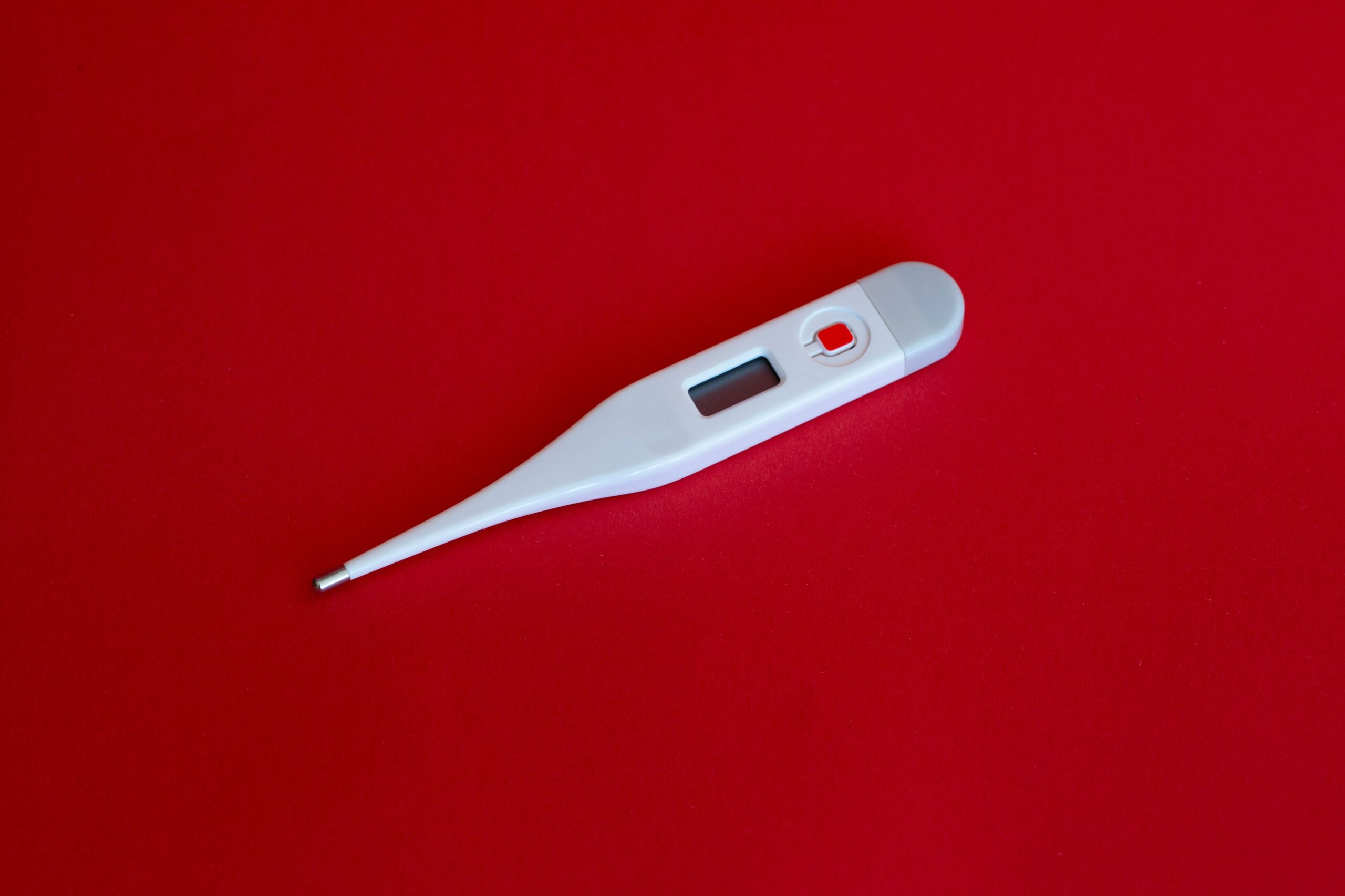A stiff neck called cervical rigidity is when your neck feels awkward and difficult to move. You might feel torment or soreness as well. This issue looks small but can influence your regular errands a lot. It often happens because of muscle strain or pressure within the neck region.
However, now and then, there may be concealed issues like meningitis or issues with your cervical spine (the neck portion of your spine). So, understanding the causes of stiff necks, recognizing their signs, and knowing how to treat them are critical for dealing with this issue.
Stiff necks are exceptionally common – almost 70% of individuals have felt torment in their necks sometimes, and numerous cases include solidness. It happens more regularly to grown-ups aged 30 to 60 since they, as a rule, live cutting-edge lives with long periods of sitting gravely in work areas and not moving much. The progression in advanced innovation that leads to more time spent on gadgets has made this issue more regrettable; sometimes, individuals call it “tech neck![]() ,” showing how noteworthy it is.
,” showing how noteworthy it is.

A stiff neck can happen for numerous reasons, from regular exercises to genuine well-being issues. Most regularly, it is because of strain or pressure within the muscles caused by destitute poses. If you twist forward numerous times, like when utilizing a computer or resting in an interesting position, it can harm muscles and ligaments around your neck.
Wounds are also frequently a reason for the neck to end up stiff. For case, whiplash can happen when there's a sudden whipping movement of your head amid car crashes – this hurts delicate tissues in your neck and causes torment besides firmness. You might have comparative indications if you get harmed from playing sports or falling and hitting your neck region. Any damage to this portion seems to cause these responses in your body.
Arthritis, particularly cervical spondylosis, is a common reason for continuous neck firmness due to maturing and wearing out within the neck spine. Meningitis![]() signs include a solid neck, high fever, and solid migraine.
signs include a solid neck, high fever, and solid migraine.
Push and stress are vital reasons as well. On the off chance that we feel stretched for a long time, it can make the muscles in our necks continuously tight and firm. Not regularly, but now and then, tumors, diseases like osteomyelitis, or birth issues such as innate variations from the norm within the cervical spine can cause hardened necks, too. Finding out the correct reason is exceptionally vital for legitimate treatment.
A stiff neck implies you have been inconvenienced by moving your neck, which usually comes with a few torments. This will be a tiny bit awkward or exceptionally agonizing, and now and then, the distress spreads to your shoulders and upper back. Firmness perhaps makes it troublesome for you to turn your head, which can influence errands like driving or perusing.
Other side effects that will appear are headaches. Tension-type migraines, starting within the neck range and going toward the back of your head, can be related to it. Also, muscle fits or uncontrolled compressions of neck muscles might cause a few inconveniences.
The issue of compressed nerves might lead to a need for feeling or shivering within the arms and hands. This side effect can be frequently seen in cases like cervical radiculopathy, which implies there's bothering or weight on a nerve root from the neck spine range.
When the neck is stiff because of contaminations, such as meningitis, it frequently comes with fever, feeling debilitated (nausea), throwing up (vomiting), and being exceptionally touchy to light. This needs speedy restorative offer assistance right away. Solidness that remains for numerous weeks or a few months might show other issues like joint pain or degenerative disc disease. These conditions ordinarily come with gradually losing the capacity to move and twist the neck effortlessly.

Ordinarily, a stiff neck isn't a genuine issue, but it can cause issues if you do not see it. Neck pain that endures for a long time happens as often as possible, where constant firmness causes determined distress and makes life less pleasant.
Headaches, especially pressure cerebral pains, can frequently be connected to a steady solidness within the neck. This condition might lead to visit pressure cerebral pains or exceptionally solid ones and may too make any existing headaches more regrettable. If you have exceptionally awful firmness in your neck or don't treat it well, it can make moving harder. This might alter how you do everyday exercises and get around. You will be wrapped up in a life with exceptionally few developments. It, moreover, can bring additional well-being troubles like picking up weight or issues with the heart.
Not exceptionally frequently, hardened necks that don't get treatment for genuine issues like meningitis or major cervical spine wounds can be dangerous. If they are overlooked, meningitis seems to cause brain damage, hearing misfortune, or passing. Cervical spine wounds, if they don't get treatment, might lead to changeless nerve hurt, loss of motion, or misfortune of work.
Now and then, but not often, a stiff neck can be a sign of exceptionally awful issues like meningitis (swelling around the brain and spinal cord) or major damage to the cervical spine. If these conditions are not treated rapidly, they can lead to exceptionally dangerous situations. For example, if meningitis isn't taken care of before long, it might cause harm to the brain, and indeed, issues like losing the capacity to listen or passing may happen; also, with a cervical spine injury that isn't treated right absent, there are chances for terrible nerve harm which may lead to paralysis or an enormous misfortune in how the body works legitimately.
Why does my neck feel stiff? The specialist will ask you numerous questions and look closely at your body to discover. They are fascinated by knowing when it began, how long it has been going on, the concentration of the torment (is it extreme or gentle?), and whether any recent wounds or exercises may be causing this issue. This makes a difference in figuring out what makes your neck firm.
During a physical checkup, the specialist watches how well your neck moves. They seek any signs of torment or firmness. They also evaluate if there are powerless muscles, delicacy when touched, swelling, or issues with the cervical spine. If the reason for these happenings isn't apparent, assist tests are required to look at neck parts more altogether.
X-ray pictures can show bone issues like breaks, separated joints, or harm caused by joint pain. X-rays are ordinarily the introductory determination for specialists as they give a quick see at the neck and spine and are less costly than other tests.
MRI stands for magnetic resonance imaging, and it may be a way to see delicate tissues like muscles, ligaments, and intervertebral circles. This makes a difference in discovering issues such as herniated circles or nerve pressure/damage within the delicate tissue that cannot appear by X-rays.
Computed tomography (CT) checks grant greatly nitty gritty cross-sectional pictures of the cervical spine. These are great at finding breaks, tumors, or any other issues. These sorts of pictures are exceptionally supportive when X-rays do not show clear pictures, and on the off chance we require a more nitty-gritty look at the bones in your neck range.
In circumstances when specialists have a feeling that there could be a disease, they now and then have to do a lumbar puncture (too called a spinal tap). This helps them in gathering cerebrospinal liquid to check for signs of contamination. They seek things such as microbes or various white blood cells, which are profoundly significant for understanding if someone has meningitis.
Electromyography (EMG) and nerve conduction are tests that specialists perform to gauge the execution of nerves. They look at issues or weight on the nerves by observing electrical activity in muscles and nerves. These assessments help doctors comprehend why an individual might experience sensations of deadness or shivering all through their body.
Blood tests are utilized to see if disease, irritation, or immune system issues make the neck solid. They offer assistance in finding problems such as rheumatoid joint pain or osteomyelitis.

Treating a stiff neck can shift depending on the cause and seriousness. Numerous times, basic cures are viable in reducing torment and improving portability.
The introductory activities to carry out are resting and changing exercises. Not doing any activity that declines the side effects is significant, permitting your muscles to unwind. This will help reduce swelling and start the recovery process. Keeping a few developments is lovely, so stiffness stays reasonable.
Now and then, you can attempt the pleasant feeling of utilizing ice or warmth on your harming put. Ice packs are accommodating since they diminish swelling and make torment less recognizable. On the other hand, warm packs offer assistance to unwind muscles and boost blood circulation in that area. Changing between cold and warm may moreover be useful. Feeling great may be conceivable after you put ice or warm on your harming put. Using an ice pack helps diminish swelling, making torment less recognizable. In contrast, a hot pack makes a difference in muscles' ability to unwind and improves the bloodstream around this locale, which may also alleviate distress. Intercity between coldness and warmth is additionally useful.
Over-the-counter torment relievers, like acetaminophen or nonsteroidal anti-inflammatory drugs (NSAIDs) such as ibuprofen, can help in diminishing torment and aggravation. These are often inadequate for managing a tender to direct stiff neck.
Physical treatment plans tailored exercise schedules to upgrade the quality, adaptability, and pose of one's neck muscles. It may include hands-on medicines such as kneads or the development of joints for muscle relaxation and way better development capacity.
Muscle relaxants![]() can be suggested by specialists when muscle fits are serious. These solutions help reduce snugness and ease torment, making extending and fortifying schedules more straightforward.
can be suggested by specialists when muscle fits are serious. These solutions help reduce snugness and ease torment, making extending and fortifying schedules more straightforward.
Serious or diligent issues may require advanced therapeutic help. Corticosteroid infusions can provide temporary relief from irritation and pain, especially for issues such as arthritis or unbending nature caused by herniated circles. The specialist will put the medication straight into the spot that's harming you.
If contamination causes a stiff neck, you should take antimicrobial or antiviral solutions. The kind and severity of the disease will decide which one is required. Sometimes, it may be vital to visit the healing center to get anti-microbials through a vein and have your condition checked closely.
Chiropractic care is almost making changes and controls to the spine, which can assist in upgrading the arrangement and bringing down neck stretch. A parcel of people involvement considerable relief from this treatment approach, but it's basic to ensure that the chiropractor possesses proper preparing and good experience. This will assist you in dodging any issues that might happen due to inaccurate changes.
Needle therapy is an old Chinese pharmaceutical method in which exceptionally fine needles get embedded at certain places on the body for mending and torment alleviation purposes. This treatment might make an individual feel better presently; in any case, its viability with hardened necks seems to change from person to person.
Sometimes, when the normal medications do not work, surgery is required. This regularly happens for extreme herniated discs, spinal stenosis, or tumors that are squeezing commandingly on the spinal cord/nerves. The sort of surgery depends on what problem precisely exists. It might include taking out a portion of the circle, joining vertebrae (fusion), or making more room in the spine by reducing weight (decompression).